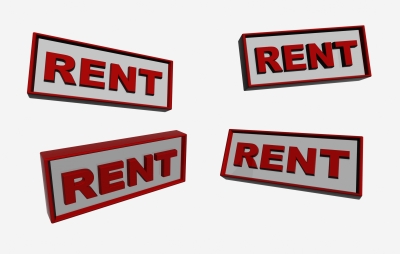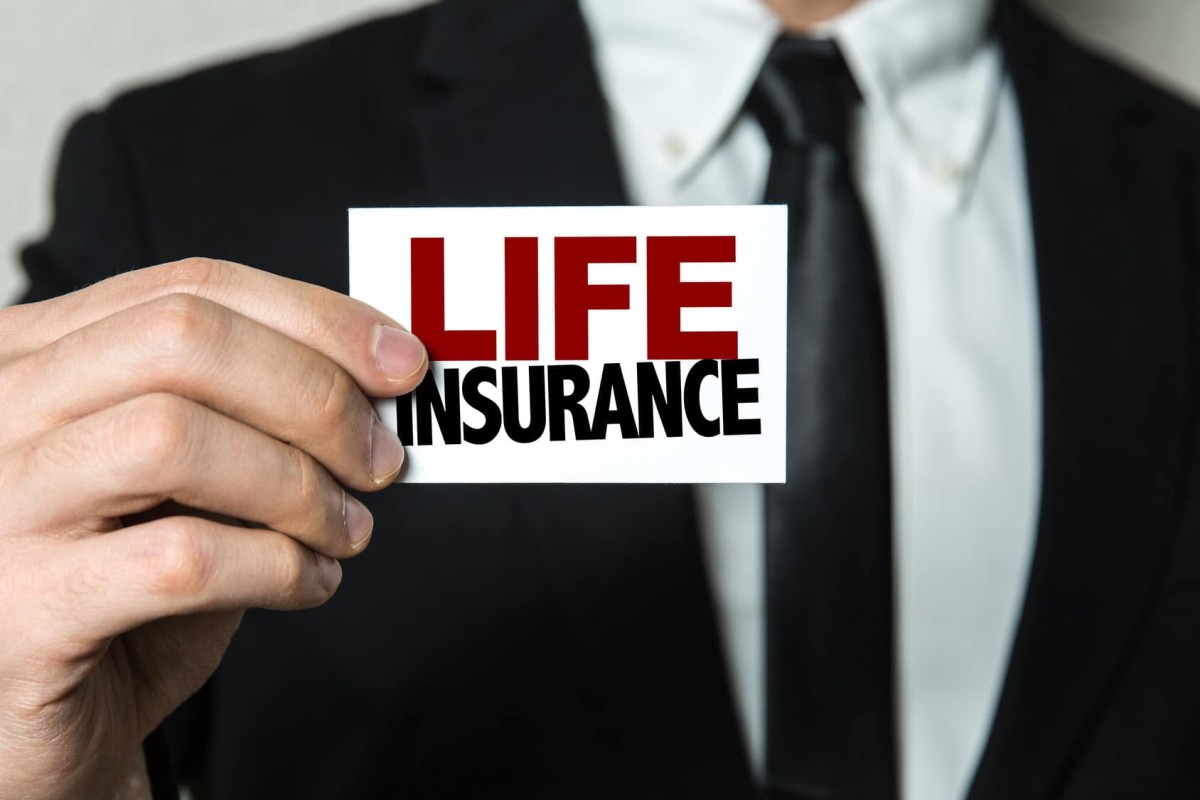How To Get The Most Out Of Your Renters Insurance
BENEFITS OF HAVING RENTERS INSURANCE AND GETTING PAID
It’s great to have homeowners or renters insurance, but the fact of the matter is, there are things that you should know in the event of loss.
Not all things are paid back equally!
There are many ways to get burned on trying to collect on a homeowners or renters policy.
Let’s examine some things you can do to maximize your return should you find yourself needing to actually use your homeowners or renters insurance policy.

CHECKLIST OF THINGS YOU SHOULD DO FOR RENTERS INSURANCE
- Inventory all you own.
This is essential if you want to get reimbursed properly for loss of
property.
- What did you pay? Note the date you bought things, how much you paid and where.
- Capture it on film. Take pictures of everything you own. This goes to the state of the merchandise that was lost. If it was in excellent condition, you’ll obviously probably get more than if it was in broken or rundown condition.
- Keep it real. Things change – you add more stuff to your collection, you get rid of stuff. You have to keep a running inventoryand make changes as necessary to your list. You also need to update your photographs.
- Branch office. You need to store your inventory list and your photo documentation in a different location than where your stuff is located! In the event of theft or fire, etc., you won’t have your precious documentation available. Store in a safety deposit box or on a separate disc drive somewhere else. Back-up is a must if you have a lot of stuff!

HOW DOES RENTERS INSURANCE WORK?
Renters insurance companies put a value on everything you own or list in your inventory.
Actual cash value – ACV – everything you have once you own it is used. ACV is the price someone could get for that item on the market.
Replacement value – RV – This is the value of the item less depreciation on it.
Lump sum – Some policies will cover items with a lump sum payment based on weight for some items.
Different strokes for different folks – every renter’s insurance policy is not created equal.
TIP: Before thinking about purchasing a policy, it’s important to do the above. Make your inventory and take pictures. Then see which renters insurance companies have the best valuation for your type of stuff.
There can be a huge difference between companies in terms of premiums but also between payouts.
TIP: Check your valuables at the desk. It is advised that things like heirlooms, jewelry that is expensive, guns, etc. not be kept in your home. Why? They are obviously on the hot list for theft. They are also very expensive to replace.
If you try to cover them on your insurance policy, it will send the rates through the roof. You can save a lot of money by storing them in a safety deposit box.

MONEY SAVING TIPS ON RENTERS INSURANCE
- Comparison shop. Make
sure you get the best policy for the least amount of money. Make sure the policy
covers things in a valuation style that you are comfortable with.
Know how much you’ll get for that big screen TV before you need to replace it.
Take several items and comparison shop the policies to see which will most adequately meet your needs.
- Increase your upfront cost. Go with a higher deductible and save money.
- Automatic withdrawal. This will save you money if you pay your bills this way.
- Paid in full. Ask about paying in full as a way to get a discount. If you pay for the whole year, surely you should get a discount!
- Take your umbrella. You can save a bundle by bundling your policies – if you have auto insurance, group it together with your renters policy and save money.
- Keep your numbers up. Having good credit will automatically make you less of a risk to insure and give you a lower rate.
- Safety saves. Having
smoke alarms in every room, sprinklers or fire extinguishers are considered
safety devices and will save you money.
So will home monitoring systems, dead bolts, and safety devices on your windows.
- It matters where you live. Safe neighborhoods, gated communities and less populated areas will usually save you money.
- Be part of a group.
Ask about insurance rates through work, through the school you graduated
from or organizations that you belong to such as AARP.
Group discounts save big bucks.
- Lose your butts! If
you smoke, cut it out! You’ll get a big
discount and you’ll be healthier in the long run.
Smoking causes fires and smokers are high risk for insurance folks. Keep that in mind next time you light up.
- Go the distance. If you stay with insurance companies and are a faithful customer and especially if you have filed no claims – you deserve a break today! Ask for a discount.
POINTS TO CONSIDER
| DISCOUNTS
|
|---|---|
Amount of coverage $ you need
| Multiple policy discount
|
Amount of deductible
| Longevity discount (how long with company)
|
Do you want cash value back?
| Smoke detector installation discount
|
Opt for replacement value if you can
| Window and door safety device discount
|
Most policies are $10-25% per month
| Neighborhood discount
|
Store heirlooms in safety deposit box
| Gated community discount
|
Store guns in safety deposit box
| Nonsmoking discount
|
Store jewelry in safe deposit box
| Paid in full or automatic withdrawal discount
|
Just some of the things to consider and some of the discounts available on renters insurance - always compare policies.

HOW TO MAKE RENTERS INSURANCE WORK FOR YOU
There are many options out there for rental insurance.
Make sure you investigate all of them and if you’re looking for policies, check out NAIC.org.
Renters insurance is really relatively cheap compared to other forms of insurance, so don’t hesitate to purchase it even if you’re trying to save money.
The money you pay out is minimal (it can be as low as $15-30 per month). The benefits you’ll reap far outweigh the cost should you experience a loss.
Think of how much it would cost to replace all your stuff and then consider how much you’ll be paying out. It is an investment – in your stuff!
Keep up to date records and don’t forget to take pictures! It can save you big bucks if you ever have to use your insurance and make a claim.
If you have more insight on how to get the best return on your renters insurance should you need to use it, please leave us a comment here to further our knowledge base on renters insurance.
More Financial Hubs by this Author
- How To Save Money By Having A Living Will
Outlining a living well is a simple task but one that many people, especially seniors, put off. Why? Because no one likes to think about dying. Do you think it's possible to save money by simply having a... - How To Save Money On Funeral Costs: Beating The High...
This is a rather macabre subject, but lets face it.....having a funeral can be really, really expensive. When I think about my own funeral, I think I might literally turn over in my grave or something if... - How To Save Money: Saving On Dental Work
SAVING MONEY ON DENTAL BILLS The high cost of everything these days can be a bit overwhelming. Because having insurance can drain your pocketbook, more and more people are opting to not have dental... - Tips On Budgeting: How To Live On A Fixed Income
HOW TO LIVE ON A FIXED INCOME When people retire, one of the most difficult things to adjust to is having less money. Moving from spending - How To Save Money By Using Senior Discounts
Aren't these old world fellows adorable? I'll bet they know the value of a dollar and then some! But for the rest of us.....there are a lot of ways that seniors can save money. As in most things in... - Saving Money: How To Save On Home Repairs
HOW TO SAVE ON HOME REPAIRS Home repairs can be extremely costly and can come at you when you least expect it. Knowing how you'll handle the situation is key to managing your budget and saving money... - How To Save Money On Vacation: Try A Budget Friendly...
HOW TO HAVE A BUDGET FRIENDLY VACATION Saving money has become a science for many people these days. With unemployment at an all time high and folks trying to conserve wherever they can, sometimes... - How To Save Money On Construction Materials
HOW TO SAVE MONEY ON CONSTRUCTION MATERIALS When you think of construction materials, we often think of building a new house. However, construction materials are necessary for any type of... - How To Save Money On Home Decorating: Do It Yourself...
SAVING MONEY ON DECORATING Lets face it.....decorating costs money. If you dont have a lot of money, can you still decorate and have your home decked out the way you want to? Of course you can! ... - Tips On How To Save Money On A Wedding
Weddings are becoming more and more expensive it seems as time goes by rather than less expensive. It's quoted in Ramit Sethi's book I Will Teach You To Be Rich that wedding are running right under $30,000... - How To Save Money On Your Pets: Create A Pet Budget
As you can probably tell, my - Cutting Costs: How To Save Money On Home Decorating
HOW TO SAVE ON HOME DECORATING Whether you live in an apartment or you own a 3,000 square foot home, home decorating can really get expensive. If you have a huge budget for home decorating,...










